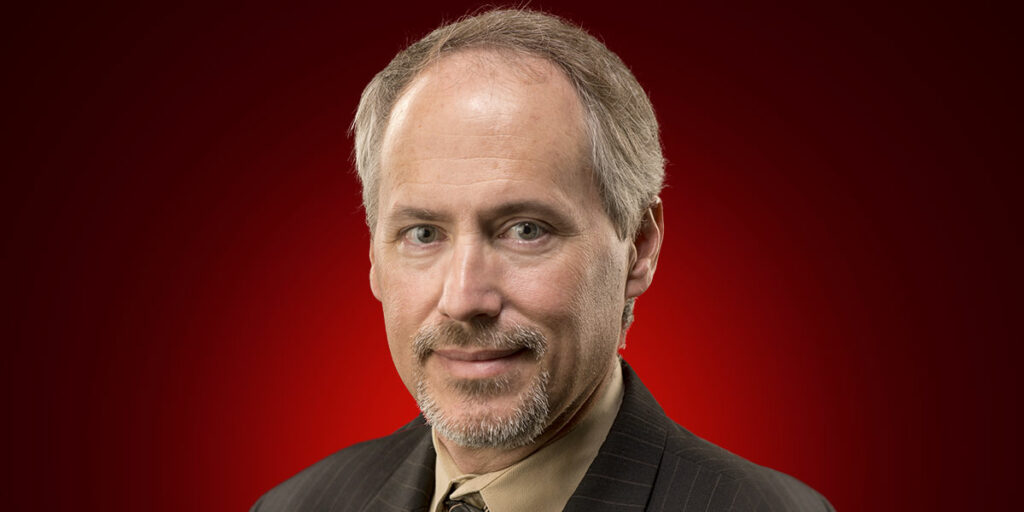Reformers have pressured police departments for years to reduce unnecessarily
dangerous conduct.
Yet departments and unions protect officers such as Derek Chauvin, who racked up 18 excessive force complaints before murdering George Floyd. Some departments have initiated meaningful changes thanks to pressure from insurance companies.
An excellent Washington Post story provides details. The St. Ann, Mo., department halted high-speed chases for traffic stops and nonviolent offenses after 19 crashes and 11 injuries in two years. One crash left a man paralyzed after the driver of a minivan with an expired license plate tried to elude police.
Insurance pays such settlements. The 2020 deaths of George Floyd and Breonna Taylor produced $27 million and $12 million settlements, respectively.
Although cities and officers do not pay, these costs must eventually be covered through
premium increases. Departments with bad records are seeing large increases – St. Ann
would have had to lay off 10 officers – and threats to drop coverage entirely.
Coverage often comes with conditions like improved training, better policies to de-escalate violence, or ending high speed chases. Technology can sometimes substitute. As the Post explains, St. Ann’s now uses GPS “darts” so officers can safely track fleeing vehicles.
Insurers have long been helping people manage risk. Insurance first and foremost transfers risk. Suppose totaling your car would cause a $30,000 loss: buying insurance shifts this potential loss to an insurer. Because the loss would burden you more than the company, insurance makes both parties better off.
Insurance provides the victims of accidents, tragedies, and disasters help just like charity, only it is a business transaction. Assistance is based on a market exchange (regular premiums for a promise of assistance) and is arguably more sustainable than dependence on others’ kindheartedness. Shifting losses enables business activities and events. The Super Bowl would not happen if the NFL could not get coverage for potential losses through insurance.
Insurers reduce risk by reducing the probability of or loss from an accident. Companies require policyholders to take precautions as a condition of coverage or for a lower premium. A homeowner might be required to put in a security system to have expensive paintings covered. Companies also are enormous sources of information about losses and consequently can learn how to prevent losses in a cost-effective manner. They also research ways to further reduce losses.
Currently government assures product safety and professional competence, but insurance offers an alternative. Consider occupational licensing. No one wants an operation performed by a pretend surgeon. Instead of turning to government, consider this: What company would give a fake doctor malpractice insurance, or an insure a hospital letting incompetents operate?
Requiring insurance would be less prone to abuse than a licensing law. States create boards to establish standards, but the doctors, dentists, or tree surgeons serving on these boards can benefit from reducing competition through excessively strict standards (and grandfathering themselves in). Dozens of insurance companies compete against each other on price and coverage. Costly training not reducing riskshould not persist with competition.
Insurance also produces market-based introduction of new technology. Consider the use of GPS and other sensors to monitor driving. Insurers offered safe driverprograms with discounts for policyholders accepting the technology.
Such technology arguably allows “spying” on drivers. Insurers must convince policyholders to accept any innovation and will make new technology appear innocuous. Introduction typically proceeds slowly, allowing people to become familiar with the technology. And no insurer can force someone to use the technology; a company can only drop non-complying policyholders. Since insurers can still use driving records to price coverage, they lose profits not covering drivers who do not want to be “spied” upon.
What does insurer success imply for police reform? An activist told the Post reporters, “It’s an indictment on St. Ann police and their priorities that the voice of their insurers spoke louder than human lives.” Perhaps. But economics emphasizes the power of incentives. Insurers providing the police financial incentives to do the right things improves society.
Daniel Sutter is the Charles G. Koch Professor of Economics with the Manuel H. Johnson Center for Political Economy at Troy University and host of Econversations on TrojanVision. The opinions expressed in this column are the author’s and do not necessarily reflect the views of Troy University.










